We get punchy around High Gear Media occasionally, and sometimes we BS back and forth about topics less salubrious than, say, fuel efficiency and lowering our oil dependency.
Which is how the following question came up: If the urea runs low in my new clean-diesel car, can I just pee in the tank to top it up?
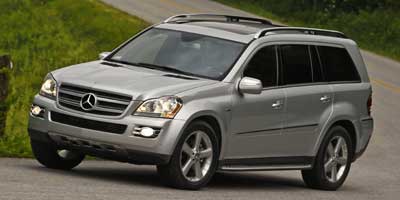
2009 Mercedes-Benz GL Class 3.0L BlueTec

2009 Mercedes-Benz ML320 BlueTEC Preview
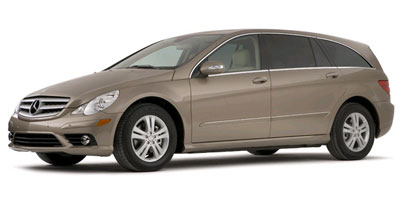
2009 Mercedes Benz R Class 3.0L BlueTec
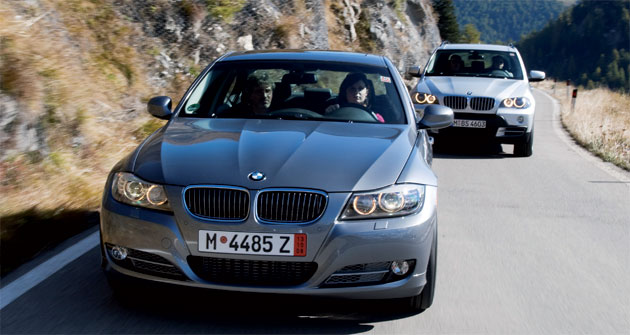
The scheme will see consumers given a $4,500 'Eco Credit' towards the purchase of a new 335d or an X5 xDrive35d
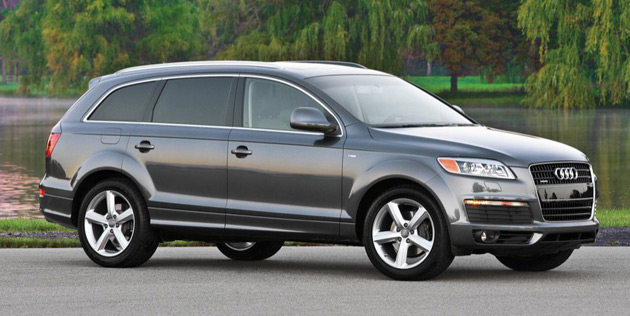
The American and Japanese competition face delays as the Germans have the segment to themselves

diesel and AdBlue fillers in Audi Q7 TDI
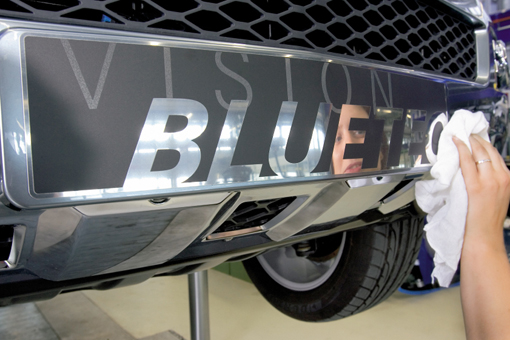
VW, Audi and BMW to offer BLUETEC diesels in US
Urea to cut NOx
First, a bit of background. Many modern clean diesels, including those using the Mercedes-Benz Bluetec system, inject a liquid urea solution--known as AdBlue--into the exhaust gas to reduces nitrous oxide (NOx) emissions.
Blended into hot exhaust gas, the urea releases ammonia, which provides the right chemistry to let a final catalytic converter convert NOx in the exhaust stream into nitrogen and water.
Bluetec diesels with urea injection emit up to 80 percent less NOx than previous versions, letting them meet new, lower U.S. limits on vehicle NOx emissions--the world's most stringent.
Mercedes-Benz fits the system to its 2010 ML320 Bluetec, GL320 Bluetec, and R320 Bluetec models. BMW and Audi also use urea injection in their clean diesels too, under different names, including TDI.
Refill every 10,000 miles
A urea tank contains roughly 8 gallons, which is enough for roughly 12,000 miles of standard operation. That dovetails neatly with standard 10,000-mile servicing intervals, so Mercedes-Benz dealerships routinely refill reservoirs at every maintenance.
That also meets an EPA requirement that emissions control systems require no owner intervention for at least 8 years or 100,000 miles. Mercedes-Benz programs its Bluetec cars to warn the driver if the tank is running low, to encourage an immediate service visit.
If the tank reaches one gallon, the car notifies the driver. It does so again with only 20 starts remaining. To reset the system, at least two gallons of AdBlue--or four half-gallon bottles, at $7.75 each--must be added. Roadside assistance plans cover AdBlue, however.
Human supplies?
Cost-conscious consumers may want to save money on the refills, which are not covered by the Mercedes-Benz warranty. (BMW's four years of free maintenance, however, covers disposable items--including AdBlue--at no additional cost.)
Consumer Reports was charged a whopping $317 by a local dealer to put 7.5 gallons of AdBlue in its Mercedes-Benz GL320 test car, at $32/gallon for the fluid. Most dealers use bulk AdBlue supplies (though even 7.5 gallons would only cost $116.25 in half-gallon bottles).
And what if the driver is way out in the middle of nowhere, far from the nearest dealer? Can he or she, ummmm, provide some temporary urea to get the car to a dealer? The question comes up simply because human urine contains 2 to 4 percent urea.
But sadly, the answer is "no". A modern clean diesel car will recognize that your pee is not the right stuff.
The wrong stuff
AdBlue solution has a far higher concentration of urea--32.5%--mixed into deionized water. That's eight to 16 times the strength of your own urine, which also brings with it various salts, toxins, bile pigments, hormones, and roughly 95 percent water.
Sensors in the urea tank monitor the concentration of urea. If you put in the wrong stuff, from pure water to windshield washer fluid to human urine, the car won't run.
Drat. There goes our consumer tip for the week.
Just twice a year
You may have noticed, by the way, that this is our second urine-themed article within a year. We wrote last July about the possibility that urea could rescue hydrogen-fuel-cell cars because it takes less energy to derive hydrogen from it than from water or natural gas.
That article ended up as our fourth most popular piece of the year. But rest assured, urine does not occur regularly on this site. We have a hard and fast limit of two urine-themed articles a year.
Unless, of course, it's newsworthy.
[Automotive News (subscription required) via Jalopnik, Consumer Reports, Motor Trend, PickupTrucks.com]













